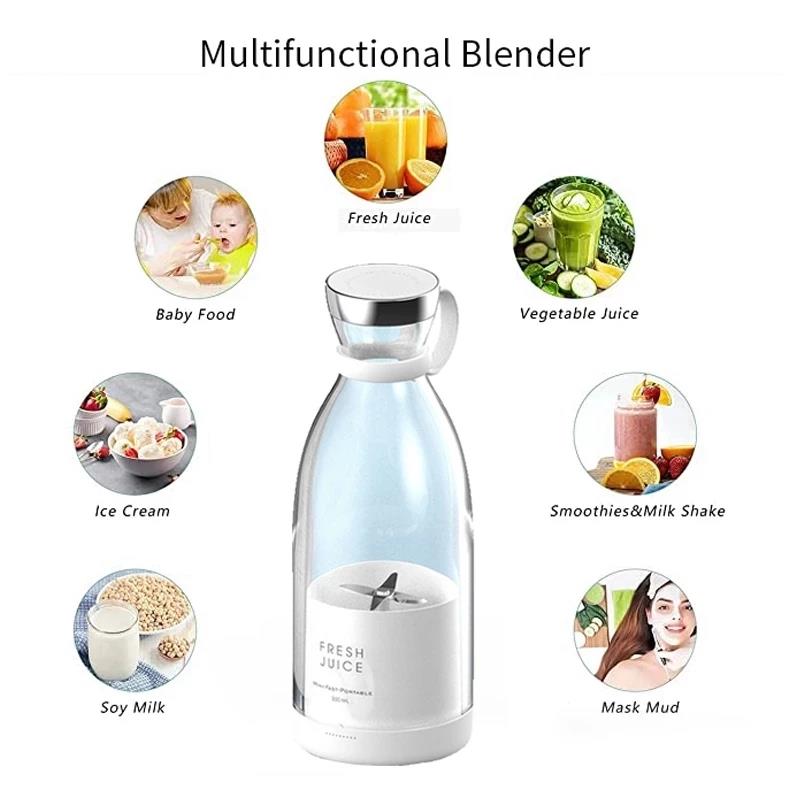Revolutionizing Dietary Recommendations
The integration of artificial intelligence (AI) in nutrition is transforming how individuals approach their dietary choices. By leveraging advanced algorithms and vast datasets, AI-powered precision nutrition offers personalized dietary recommendations tailored to individual health data, lifestyle, and even genetic makeup. This innovative approach not only helps optimize diets for better health outcomes but also plays a crucial role in disease prevention. Let’s dive into how AI is revolutionizing nutrition, explore some fantastic tools and apps available, and share tips on how to get started.
What is AI-Powered Precision Nutrition?
At its core, AI-powered precision nutrition combines advanced technology with nutritional science to create personalized meal plans based on individual needs. Traditional dietary guidelines often apply a one-size-fits-all approach, but AI takes into account various factors such as:- Genetic Information: Your genes can influence how you metabolize food.
- Microbiome Composition: The bacteria in your gut play a crucial role in digestion and overall health.
- Lifestyle Factors: Your daily routines, physical activity levels, and even sleep patterns can affect your nutritional needs.
By analyzing these elements, AI can provide tailored dietary advice that helps you achieve your health goals more effectively.
How Does AI Work in Nutrition?
AI algorithms analyze vast amounts of data to identify patterns and correlations that inform dietary recommendations. Here’s how it typically works:- Data Collection: Users input their health data through apps or wearables. This can include genetic tests, food diaries, and continuous glucose monitoring.
- Analysis: The AI processes this data to understand individual responses to different foods.
- Personalized Recommendations: Based on the analysis, the app suggests meal plans that align with the user’s goals—be it weight loss, muscle gain, or managing a chronic condition.
Tips for Getting Started with AI-Powered Nutrition
- Track Your Food Intake: Start by logging what you eat. Many apps allow you to take photos of your meals or input them manually.
- Monitor Your Health Metrics: Use wearables or health apps to track metrics like glucose levels, heart rate, and physical activity.
- Consult with Professionals: While AI can provide insights, consulting with a healthcare provider or a registered dietitian can enhance your understanding of your nutritional needs.
Recommended Apps and Tools
Here are some top-notch apps that utilize AI for precision nutrition, complete with affiliate programs so you can explore them further:
1. AI Meal Planner
Rex.Fit offers a free AI calorie tracking solution and meal planner that allows users to log meals effortlessly by sending photos or texts via WhatsApp. It provides personalized feedback based on your calorie intake.
- Features: Instant meal logging, daily reports with tips, and body metrics analysis.
2. Rex.Fit
Rex.Fit offers a free AI calorie tracking solution that allows users to log meals effortlessly by sending photos or texts via WhatsApp. It provides personalized feedback based on your calorie intake.- Features: Instant meal logging, daily reports with tips, and body metrics analysis.
3. MyFitnessPal
A well-known name in the nutrition space, MyFitnessPal uses AI to improve food logging accuracy and offers a vast database of foods.- Features: Community support, extensive food database, and integration with fitness trackers.
4. Foodvisor
Foodvisor allows users to scan photos of their meals to get instant nutritional information. It creates personalized diet programs based on user profiles.
- Features: Nutritional analysis from photos and custom diet plans.
5. Wellory
Wellory connects users with certified dietitians who provide personalized food recommendations based on the user's eating habits analyzed through AI.
- Features: Food photo analysis and progress tracking.
The Future of Nutrition
As technology continues to advance, the potential for AI in nutrition is limitless. We can expect more sophisticated algorithms that offer deeper insights into our health and more accessible tools for everyone. Imagine receiving real-time dietary adjustments based on how your body responds to certain foods!Moreover, as we become more aware of the importance of personalized nutrition in preventing chronic diseases like diabetes and obesity, the demand for these innovative solutions will only grow.
































































